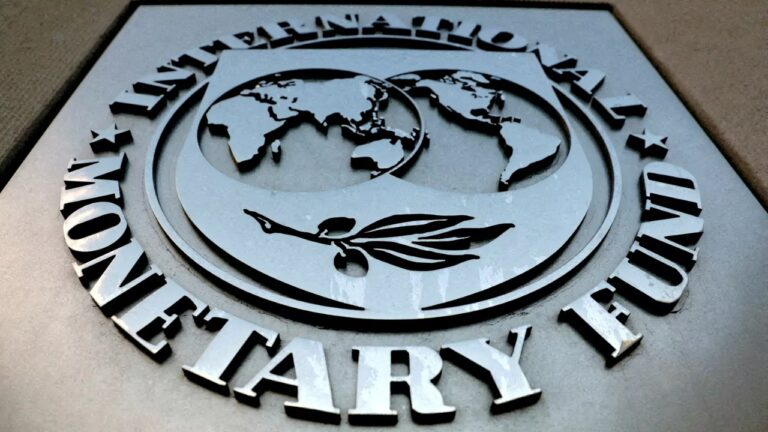islamabad: The International Monetary Fund (IMF) has warned that high political uncertainty and renewed social tensions in Pakistan could undermine the cash-strapped country’s economic stabilization policies.
“Downside risks remain extremely high. The new government has indicated its intention to continue SBA (standby arrangement) policies, but political uncertainty remains high,” the IMF said in a staff report on Friday.
Pakistan narrowly avoided defaulting on its government debt last summer. After the completion of the last IMF program, the economy is now stable, with inflation falling from a record high of 38% in May last year to 17% in April.
IMF officials are expected to visit Pakistan this month to discuss a new financing program. The coalition government led by Shehbaz Sharif is seeking at least $6 billion and is likely to request additional financing.
The global financial institution said Pakistan “has largely achieved its narrow goals, but the challenges ahead remain uncomfortably high and will require continued efforts to meet.”
The report noted that Pakistan’s fiscal and external vulnerabilities, including debt sustainability and refinancing risks, remain very high. “Pakistan’s ability to repay the IMF depends on strong policy implementation,” the report said. The wording of the report suggests that the IMF remains concerned about the sustainability of the loan.
“Downside risks remain extremely high. The new government has indicated its intention to continue SBA (standby arrangement) policies, but political uncertainty remains high,” the IMF said in a staff report on Friday.
Pakistan narrowly avoided defaulting on its government debt last summer. After the completion of the last IMF program, the economy is now stable, with inflation falling from a record high of 38% in May last year to 17% in April.
IMF officials are expected to visit Pakistan this month to discuss a new financing program. The coalition government led by Shehbaz Sharif is seeking at least $6 billion and is likely to request additional financing.
The global financial institution said Pakistan “has largely achieved its narrow goals, but the challenges ahead remain uncomfortably high and will require continued efforts to meet.”
The report noted that Pakistan’s fiscal and external vulnerabilities, including debt sustainability and refinancing risks, remain very high. “Pakistan’s ability to repay the IMF depends on strong policy implementation,” the report said. The wording of the report suggests that the IMF remains concerned about the sustainability of the loan.
end of article

